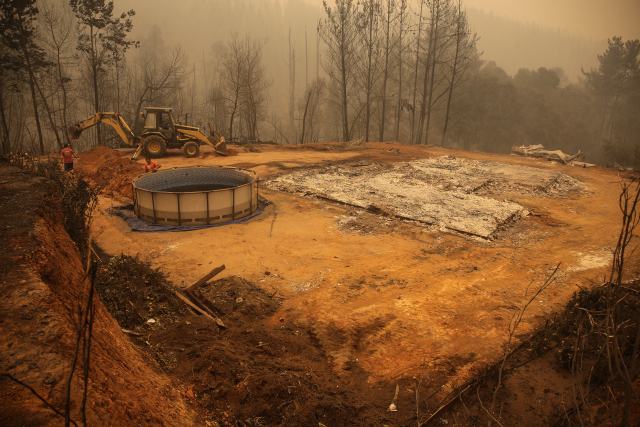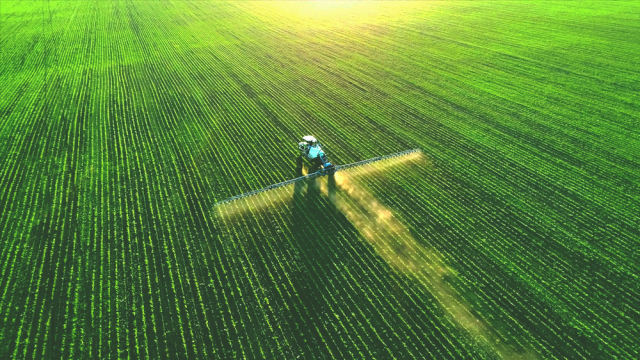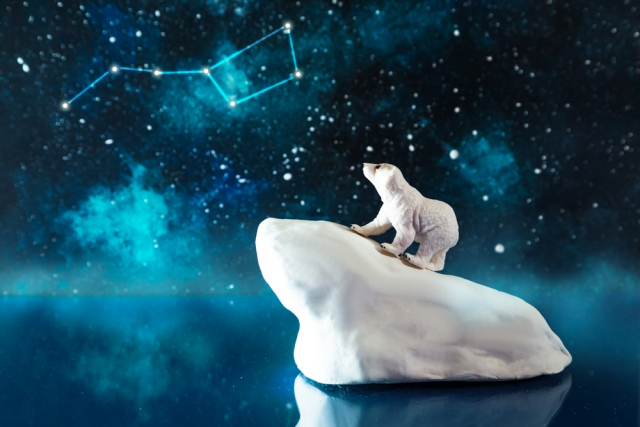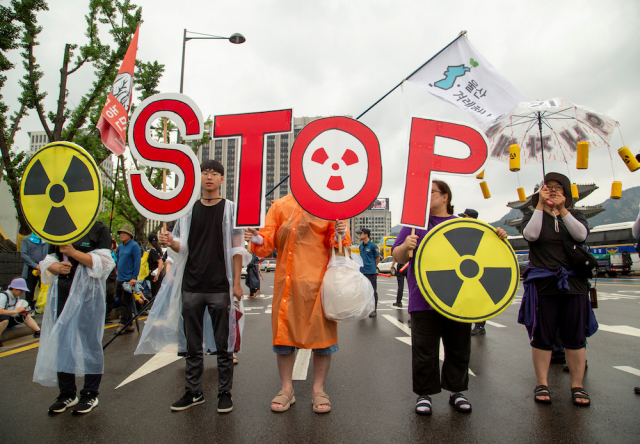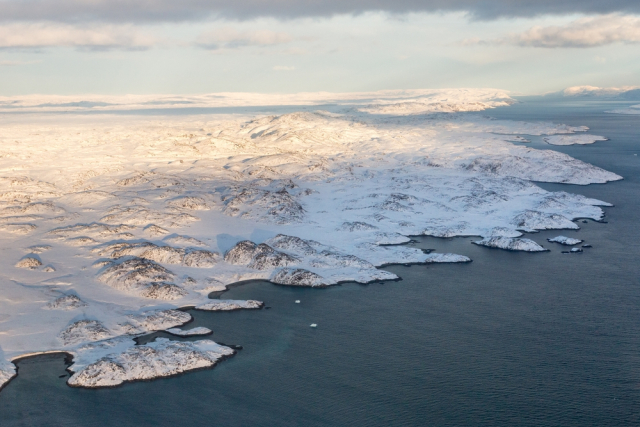More than a hundred deaths have been recorded as a result of severe forest fires that have engulfed a densely populated area in central Chile. By the second week of February, the fire had already destroyed about 1,100 residential buildings.
According to the head of the Chilean Interior Ministry Carolina Toha, 92 fires have not yet been eliminated in the central and southern regions. Their cause was abnormally warm weather.
The most dangerous fire occurred in Valparaiso. In order for fire engines and medics to reach the disaster zone, citizens were instructed not to go out into the streets. Hard-to-reach mountainous areas on the outskirts of Viña del Mar were also affected.
Adverts
Nature
China has figured out how to achieve significant reductions in ammonia emissions
In their research, experts from SUSTC University in Shenzhen, China, assessed ammonia emissions that are directly associated with rice, wheat and maize production and identified the potential to reduce these emissions.
Data on ammonia emissions, soil characteristics and fertiliser use practices from nearly 2,800 locations around the globe were used to obtain the necessary information. The Chinese experts then used machine learning technology to generate a map of ammonia flows in farmland.
The researchers found that as of 2018, ammonia emissions from three key cereal crops are estimated at 4.3 ± 1.0 million tonnes per year, of which around three million are exclusively in Asia, namely China and India. They are followed by European and North American countries, with the USA leading the way in terms of emissions.
How can you tell the difference between the Arctic and the Antarctic? And why are they called that?
Many people get the North and South Poles of the Earth confused. To remember which is which, some people remember the animals that live there. For example, polar bears are found at the North Pole, in the Arctic, while penguins are found at the South Pole, in Antarctica.
There is a simpler way. The name Arctic comes from the Greek word “arktos”, which means “bear”. You may have already guessed that the prefix “ant-” (“anti-“) means “opposite” and characterises the other continent as “bearless”.
A leak of contaminated water has been detected at the infamous Fukushima Daiichi nuclear power plant. According to a report by TEPCO, the corporation that runs the plant, the leak was found in one of the pipes, and the cumulative volume reached 5.5 tonnes with 22 billion becquerels of radioactive material in its composition.
Late last summer, the Japanese government decided to begin discharging treated water from the plant into the ocean. Officials claim that this process is absolutely safe for the environment, as only tritium in permissible proportions remained in the water. Despite protests from a number of neighbouring countries, Japan has disposed of at least 1.5 million tonnes of water in this way.
The researchers analysed data from 61 measuring stations along Greenland’s coasts. The researchers analysed data from 61 measuring stations along the Greenland coast.
According to the results, there was a 0.2 metre rise in bedrock from 2013 to 2023. This rate is equivalent to 2 metres in 100 years.
Greenland has been rising for a long time. The land was crushed by a massive ice sheet during the last ice age. Although it ended 12 millennia ago, the land continues to rise as the ice pressure weakens.
Adverts
